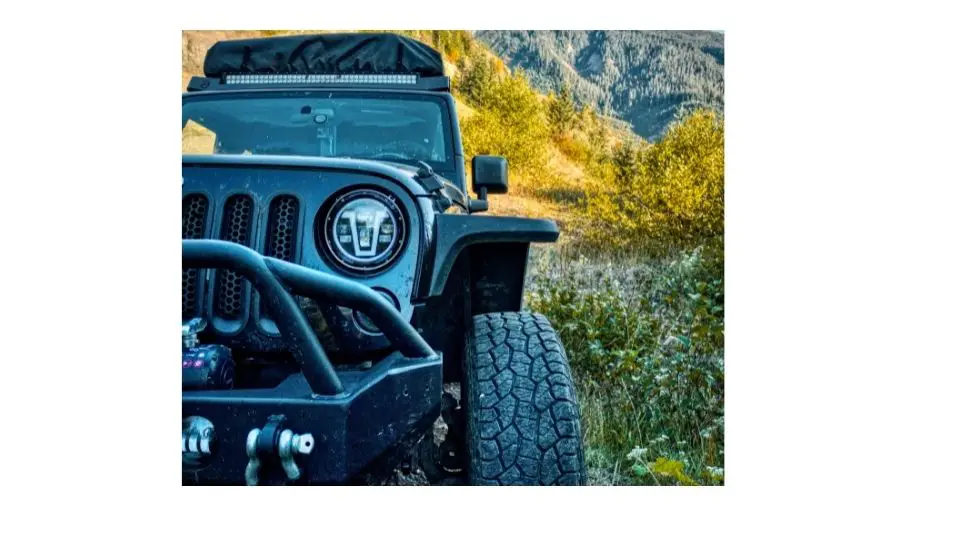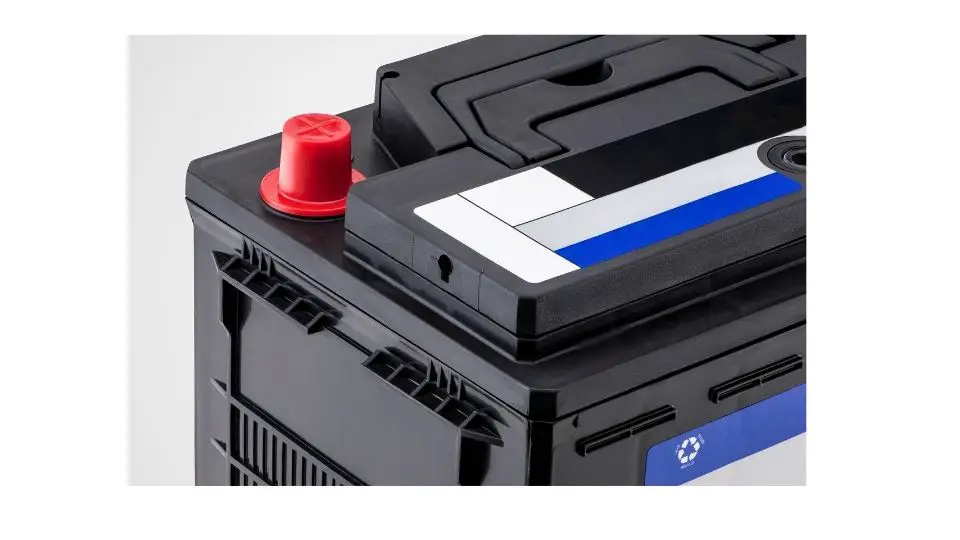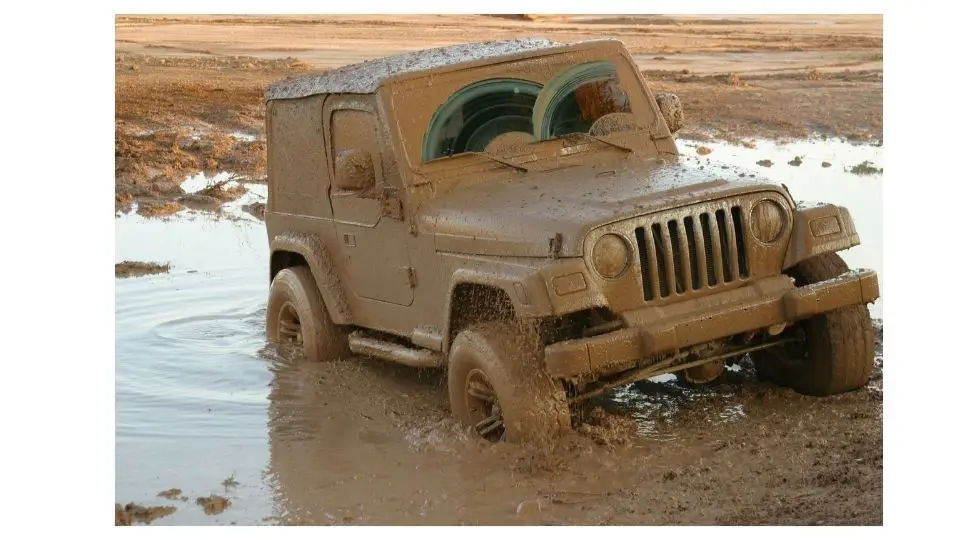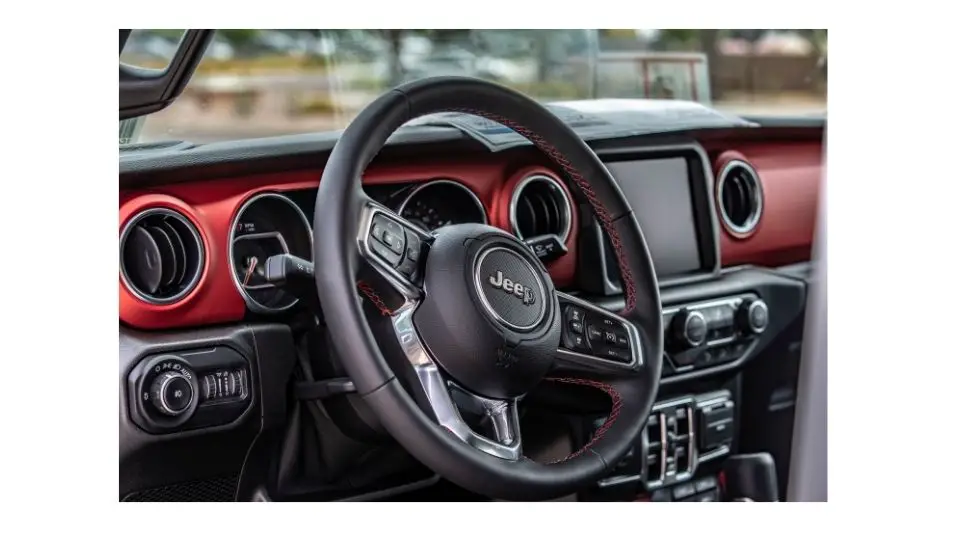One of the most common noises that most Wrangler owners experience after some time is Ticking Noise, In this article, I am going to go through the common things that make ticking noises and things you can do it combat that, read on.
Common Causes of Ticking Noises on a Jeep Wrangler
Valve train /Lifter
As soon as you notice a ticking noise coming out of your Jeep’s engine, your first reaction should be to investigate its valvetrain. This is essentially the most common culprit behind this noise. Most cars utilize hydraulic valve lifters that depend upon oil pressure to maintain a snug clearance between the camshaft and the rocker’s arm.
Whenever the pressure does not measure an appropriate amount, there occur problems between the lifters and the drivetrain. This leads to the production of tapping noises that invite your worries.
This issue can be aptly corrected by utilizing a cold start at the starting to aid in pumping up the lifters. If taking this step stops the noise, it is established that the temperature of the oil is the cause of this problem. When the oil is used at ordinary temperatures, its viscosity often remains too thin to serve the lifters adequately.
Oftentimes, the oil breaks down after covering a thousand or more miles. This factor also stops the noise from emanating. However, such situations usually signal toward a bigger problem with the vehicle.
The valvetrain is a moving part that must be paid adequate attention and given the requisite care. When the valve train isn’t maintained in the right manner, it usually leads to the production of such noises and leads to stranger outcomes.
Consider that your Jeep’s valvetrain is a very important part and deserves extra care. It will be highly beneficial if you clean your Jeep’s valve train regularly. Periodic cleaning will ensure its efficient function. If your engine light doesn’t go off easily, it may be a signal that your valve train is not sufficiently clean and requires more maintenance.
The camshaft is the first portion of the valve train that gets damaged. However, when all the other parts suffer from an equal lack of care and cleanliness, the problem could abruptly spread.
This implies that if you keep ignoring this problem, it will only grow further. It is recommended that you only use specific oils for your car’s engine. using the wrong oil is what eventually takes the vehicle down. Only use the oil that is specifically recommended for your particular vehicle’s engine.
Worn/Wrong Air Filter
It is possible that you may be using the wrong type of air filter in your Jeep or the current one is needs replacing. This is another common culprit often found behind the ticking noises.
To examine this possible problem, lift your hood and check whether the filter being used is appropriate. In case the specifications of the filter are correct, still, check for the right quality.
The air filters supplied by the original manufacturer seldom lead to such troubles. See if an inferior quality filter is being used. One must note that the air filters supplied by the manufacturer are far better in quality than the trending aftermarket filters.
It is okay to pay some extra amount of money and never again worry about such noises that may be produced by inferior quality products. Also, spending on a good quality air filter is a worthwhile investment. This will save you a lot of trouble and more expenses because of the further mechanical issues that may have arisen.
Faulty Oil Pump
It would be a matter of concern if the source of this ticking noise was your slowly dying oil pump. If you have been driving a car with a faulty oil pump, this would also be affecting the other adjoining components of your vehicle. You must understand that the cost associated with the overall repair will keep elevating if you keep driving the car in this condition.
Word of Caution
In case you are lucky and this is the first-ever issue to arise in your Jeep, it is recommended that you contact the manufacturer and check if it is covered under your vehicle’s warranty. This could save you a ton of money.
However, in case the vehicle warranty has expired, you should contact an affordable professional mechanic with experience when it comes to Jeeps. Please note that driving a vehicle with an underlying problem would never solve the problem on its own.
In fact, it makes things worse. You could put yourself at immense risk by continuing to drive a vehicle that is already showing symptoms of some underlying damage. It is necessary that you be careful and take such problems seriously.
Conclusion
It is vital that you respond to these noises at the right time and try to examine the root of the problem. Examine the valve train first. If this happens to be the root of the problem, you can probably fix it on your own. If this is not the case, then examine the air filter and the oil pump. Either of these could be creating more serious trouble for your vehicle.





